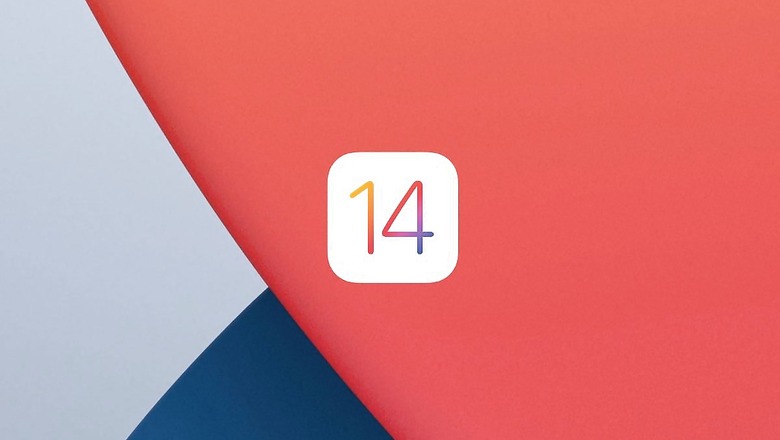
views
The Apple iOS 14 update for the iPhone line-up, which was expected to roll out for all users yesterday, is now finally available for all iPhone users globally. Quite unlike how things have happened with previous iOS releases, not all users got the update at the same time. There are no official reasons as to why that has happened, and it has to be said that it was pure conjecture based on the trend of the previous years about the exact rollout time, but it left many who expected to be able to download and install the new iOS 14 on their iPhones immediately, were left frustrated. Apple’s official communication had at no point confirmed an exact time for the rollout and availability of iOS 14 on September 16. That being said, iOS 14 is now available for all iPhones. The first rollout of iOS 14 happened at 10:30pm IST, a time stamp that has been common in the previous years, but many users got the update a few hours later.
There are significant changes under the hood with iOS 14, including a redone home screen with the ability to add widgets, the new App Library curations, compact UI for interactions including Siri and incoming phone calls, a new app called Translate, App Clips that let you download a usable portion of the app to try out before you download the full app, as well as significant enhancements to privacy and security. The question is—can your iPhone run iOS 14?
You will be in luck with iOS 14 if you have an iPhone 11, iPhone 11 Pro, iPhone 11 Pro Max, iPhone XS, iPhone XS Max, iPhone XR, iPhone X, iPhone 8, iPhone 8 Plus, iPhone 7, iPhone 7 Plus, iPhone 6s, iPhone 6s Plus, iPhone SE (2nd generation) and the iPhone SE (1st generation). In fact, the iPod touch (7th generation) will also get the iOS 14 update. This means that in the year that has gone by since the iOS 13 update rolled out, no device has lost support and all iPhones that run iOS 13 will get the update to iOS 14 as well. Look at the how far back the update compatibility spans, with the iPhone 6s launched in 2015 being the best example, and it remains hard to beat Apple’s compatibility focus as far as new software updates are concerned.



















Comments
0 comment